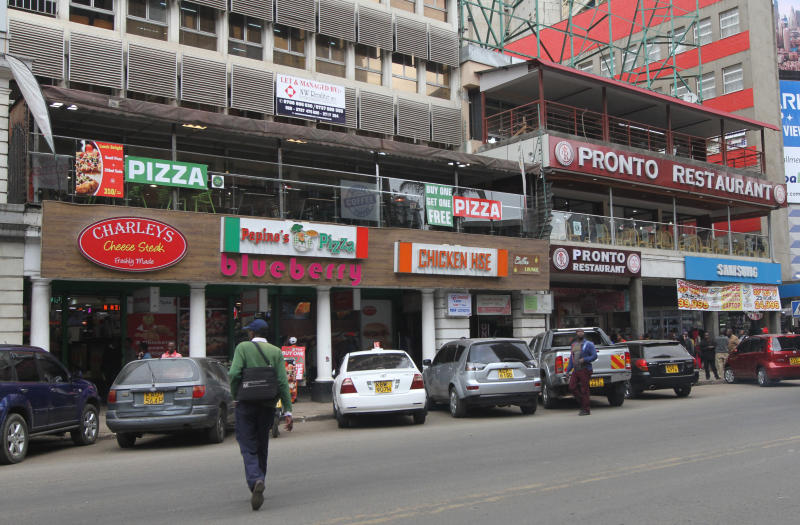×
The Standard e-Paper
Stay Informed, Even Offline

Just three months ago, you would have sat here to enjoy your favourite beer while watching exotic dancers wind and grind. This was Fahrenheit Night Club on Kimathi Street. Before Fahrenheit another nigh life club, Silk, stood here.